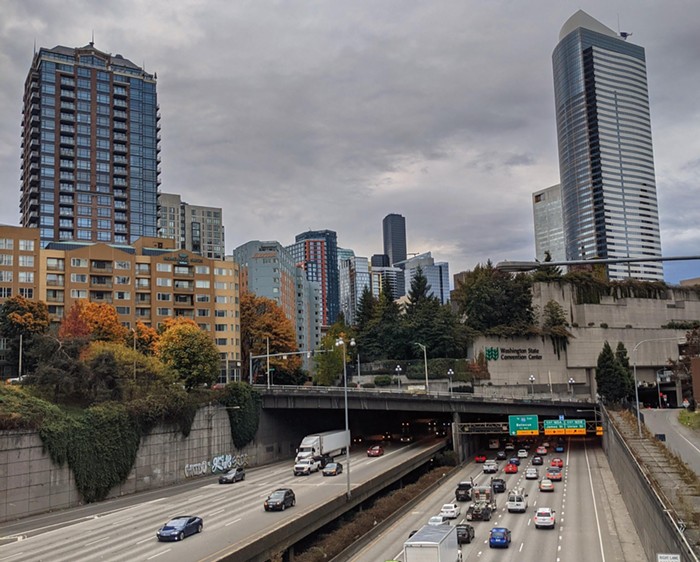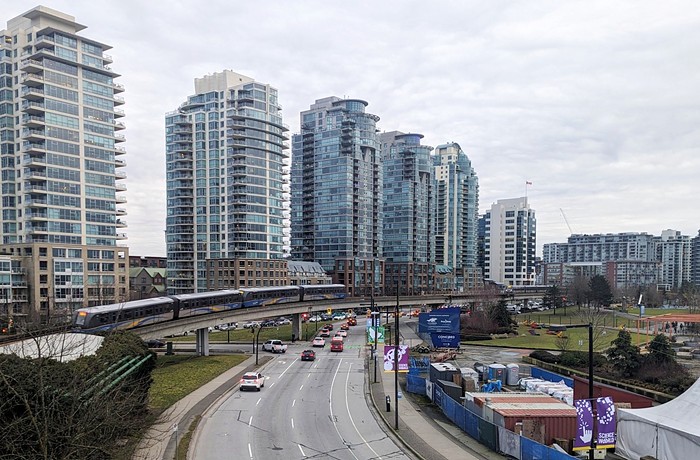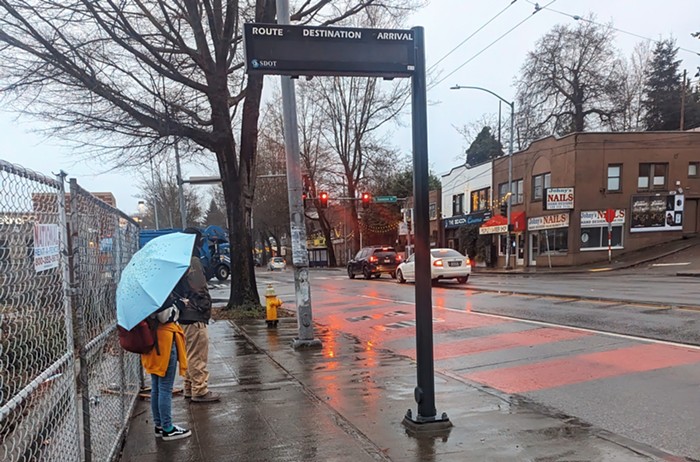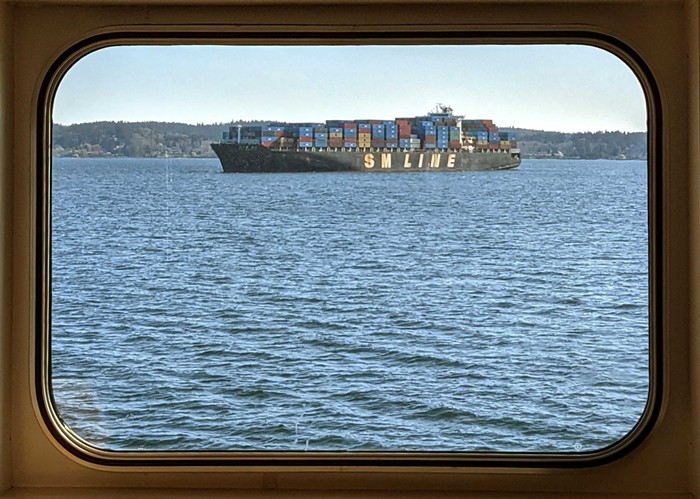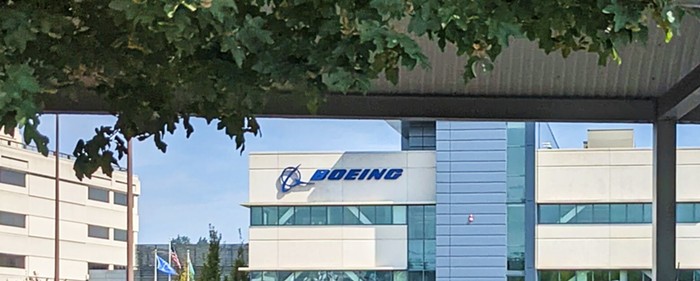Let's begin with a claim made and repeated by the Seattle Department of Transportation (SDOT). It had nothing to do with the eco-blocks that appeared in SODO right after Mayor Bruce Harrell, in an effort to make the city look presentable for All-Star Week, swept the homeless away from the area. In light of this incredible claim, it is curious (or telling) that no one or business has been fined for violating Seattle Municipal Code 15.04, which prohibits blocking public spaces without a permit. And keep in mind this was not an easy operation to conduct. Each eco-block weighs two tons and transporting them, lifting them, and setting them (one by one) requires a great deal of planning, skilled labor, and heavy-duty equipment. Clearly, no one at SDOT or the mayor's office is unhappy about the blocks. The mayor has said as much. They did the job and contributed to the success of All-Star Week, which generated an estimated $50 million for the local economy.
Kelly Saling, chief sales officer at Visit Seattle, to MyNorthwest:
I think that the combination of the things we’ve got, especially this week, and coming up to additional concerts, on top of cruise ship business, convention business, all of that is really leading to reaching pre-pandemic times.
With downtown's office buildings remaining stubbornly empty, Seattle is seeing a light in the tunnel in what is called event (or experiential) capitalism. But that's the substance for another post. The present substance concerns how SDOT hates humans everyday.
Help! I think something is wrong with the bumps! @seattledot pic.twitter.com/UuUbhV6ymX
— Beacon Hill Safe Streets (@BHSafeStreets) July 12, 2023
The day after the All-Star Game, July 12, Beacon Hill Safe Street posted a video of a massive pickup truck—the kind that puts millions of Americans into deep debt for no good reason—speeding over a "bump." You have to see it to believe it. There's hardly a bump there at all. Indeed, it's hard to see how a driver can notice the bump, even with the sign next it. Beacon Hill Safe Street: "Help! I think something is wrong with the bumps! @seattledot"
SDOT to Beacon Hill Safe Street:
Today’s inspection showed these humps meet our standards for height/length/width and were installed properly. We will be adding permanent white chevron markings soon to replace the temp tape marking them now - making them even more visible.
They really don't care at all. It's not about standards. It's about real safety, about protecting human lives. What does a standard even mean if it has no impact? Take, for example, the flex posts SDOT placed between cars and bike lanes on a road, Columbia Way, that connects Beacon Hill to Columbia City. A good number of them have been flattened by cars because they inspire no fear in drivers. Again, humans are not at all protected in these bike lanes. The posts are not bollards, which would do real damage to a car if it hit. But for SDOT, it's clearly better to hit a human than make a driver think twice about speeding down a road in a dense neighborhood. This is the only meaning of flex posts, which SDOT doesn't even bother to fix when flattened.
Much effort is not needed to find more examples of this kind of thing around our city. And what connects them all is how human sociality is structured in a market-oriented economy. In a normal world, our sociality would be about people, humans (Michał Kalecki's very definition of socialism). Instead, it is invested in things (machines, appliances, money). People are treated as things, and things as humans. This is why it's so easy for traffic engineers to be more concerned about cars than prone bikers and pedestrians. It's a feeling that's at home in our inverted social order. Same goes with the eco-blocks. What they attack are precisely humans. And this is the tragedy of being homeless. You are human, but your species-specific gifts, your ultra-sociality, are turned against you. A great deal of cooperation went into placing those concrete blocks in the SODO.


